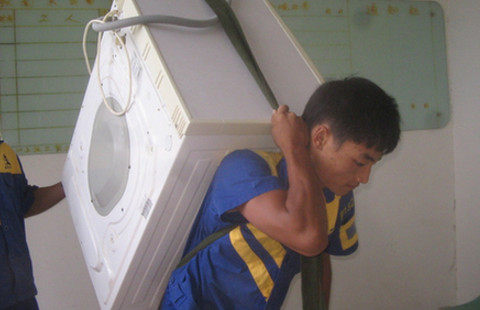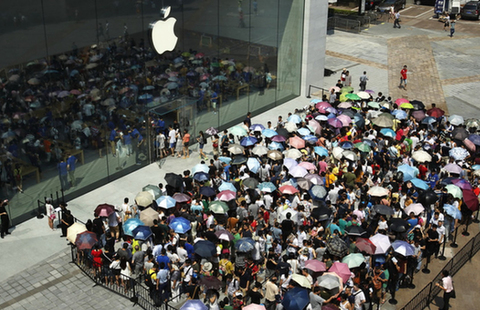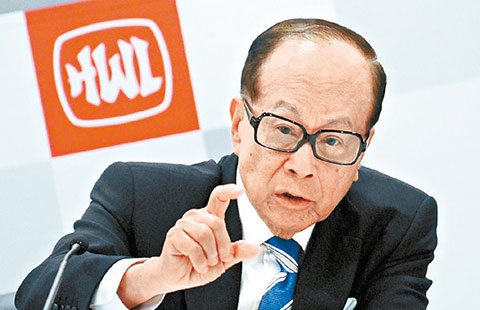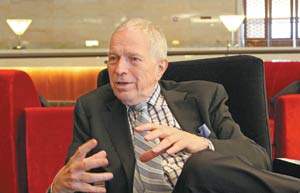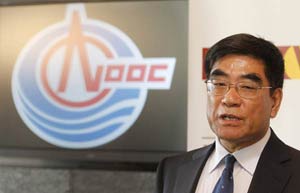Investors hesitate before stock link
By Emma Dai (China Daily) Updated: 2014-07-29 06:50Factors hinder investors
Apart from undecided rules, other factors are also deterring overseas investors, said Peter Pak, executive director of BOCI Securities.
"Granted access the first time, many Hong Kong retail investors are not familiar with the A-share market, particularly when it comes to stock picking," said Pak. "Besides, given the limited capital and energy they have, retail investors would probably tend to pick up only one or two stocks, which makes the whole set of A-share rules too complicated to study.
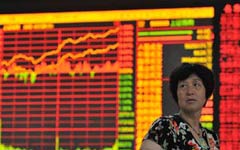 |
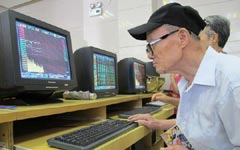
|
"By far most institutions are focusing on developed markets in the light of their slow but steady recovery," he said. "The developed market rally is expected to continue until the US Federal Reserve makes clear its timetable of interest rate hikes, which is estimated to be no earlier than the second quarter next year. Global capital may not flow back to emerging markets before that."
The MSCI World Index, the barometer of developed equity markets, has risen 5.25 percent to date to over 1,748, compared with the pre-crisis high of 1,682 in 2007. Earlier in July, US central banker Janet Yellen reassured investors that the Federal Reserve will not raise its interest rate abruptly just because of a potential bubble, which is believed to be market-friendly. On the contrary, the Shanghai Composite Index has been busy keeping its head above 2,000 for more than two years.
Fund managers are not likely to overweight Chinese companies only because the through train kicks off, Pak cautioned. "The new channel is not going to replace the share holdings made through QFII and RQFII," he said, "but institutions without enough quota may try the connect."
Upfront spending could also deter some brokers, as a new trading system would cost at least several million Hong Kong dollars.
"That certainly affects a lot of small securities houses," he said. "Traffic may not be significant at the beginning. It's a question about how long it will take to break even."
- Wearable toy designed to teach girls computer programming
- Game on for Tencent, JD to sell Xbox Ones
- Microsoft likely targeted in Chinese antitrust probe
- China's FDI in US set for increase
- Time for image overhaul at Huawei
- McDonald's fishing for supplier
- OSI group to fund food safety
- Ministry urges 'prudent' US stance in solar rows

